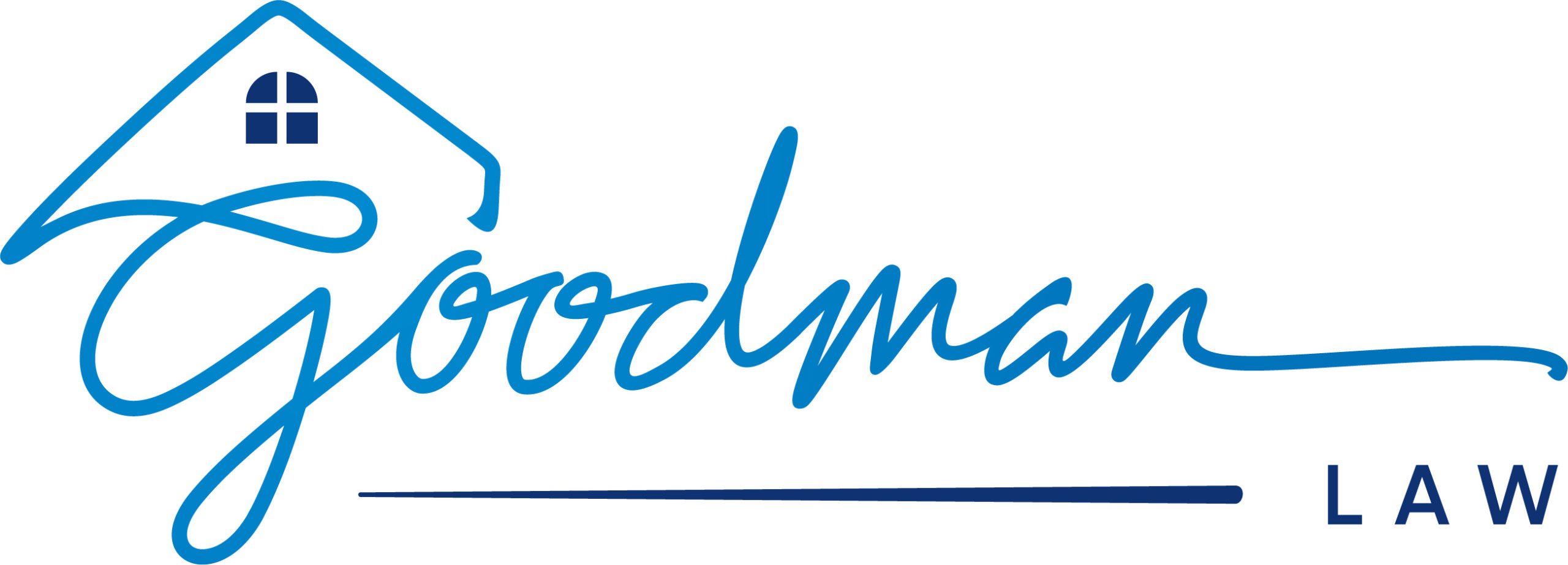If you are on the board for a homeowners association in Arizona, you should be aware of some of the recent changes made to the state’s HOA laws this year. These changes will impact the way HOAs across the state are run to some degree, and how they manage their financial planning.
Here are some of the recent bills that have been passed.
HB2240: Judgment renewal
Previously, any civil judgments that were not discharged in bankruptcy had to be renewed every five years for them to be enforceable. This was particularly applicable for cases involving assessments and late fees.
Now, however, HB2240 changes this rule. These civil judgments are enforceable for 10 years, and if they’re renewed, they would be enforceable for another 10 years.
HB2262: Condominium termination
HB2262 brings about three important changes.
Under current regulations, the law requires that owners of condominium units be compensated for the fair market value of the unit before termination. With the new legislation, there is an additional 5 percent of the total amount required for relocation costs for any units occupied by the owner.
Previously, owners had 30 days to disapprove an appraisal. They now have 60 days under this new legislation.
Finally, owners of any units are now able to pay for second independent appraisals. If the second appraisal results in a 5 percent difference or less, the higher appraisal will be considered the final appraisal. If the independent appraisal is more than 5 percent higher than the original appraisal, the unit owner must submit to arbitration at the expense of the association.
SB1376: Landlord obligation regarding tenant’s personal property
This legislation applies to circumstances in which the HOA forecloses an assessment lien and evicts the occupants or owners of the unit after they take ownership of that home or unit. The landlord is allowed to dispose of any contaminated items or perishable property left on the premises. Any animals left behind can be immediately sent to a shelter, but the landlord must maintain a record of which shelters they are sent to. Landlords also have the option of providing reasonable care for the animals if they wish to do so.
Any personal property at the premises must be held for 14 days, which is extended from the previous 10-day requirement. After those 14 days, if the tenant has not made a reasonable effort to collect those items, the landlord is allowed to donate those items to a charitable organization, but any resulting tax benefit belongs to the tenant, not the landlord. If the tenant pays for storage or removal costs, the landlord must return the items to the tenant.
SB1043: County recorder fees
Under current rules, county recorders can charge $5 for the first page and $1 for each subsequent page with a maximum total charge of $250. The new rule results in a flat fee of $30 for all documents, regardless of length.
SB1465: Sober living houses
The new law defines sober living homes as “any premises, place or building that provides alcohol-free or drug-free housing and that (1) promotes independent living and life skills development; (2) may provide activities that are directed primarily toward recovery from substance use disorders; (3) provides a supervised setting to a group of unrelated individuals who are recovering from substance disorders; and (4) does not provide any medical or clinical services or mediation administration on site, except for verification of abstinence.”
The regulation also prohibits counties and cities from disclosing the addresses of these homes except to emergency personnel and law enforcement.
Contact Goodman Law Group today for more information about these changes to HOA law in Arizona and how they could affect you.
